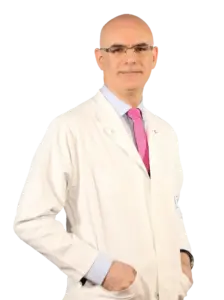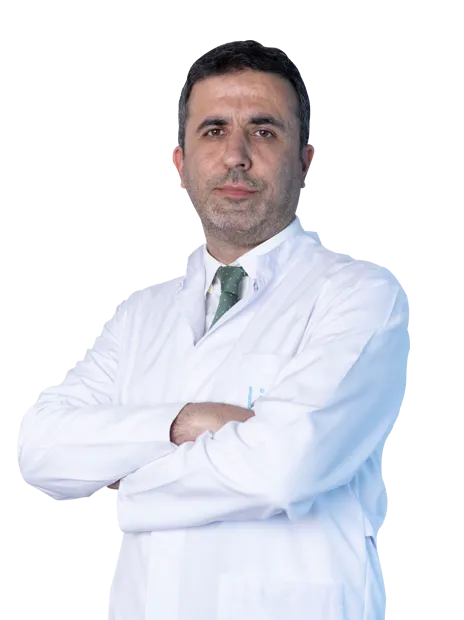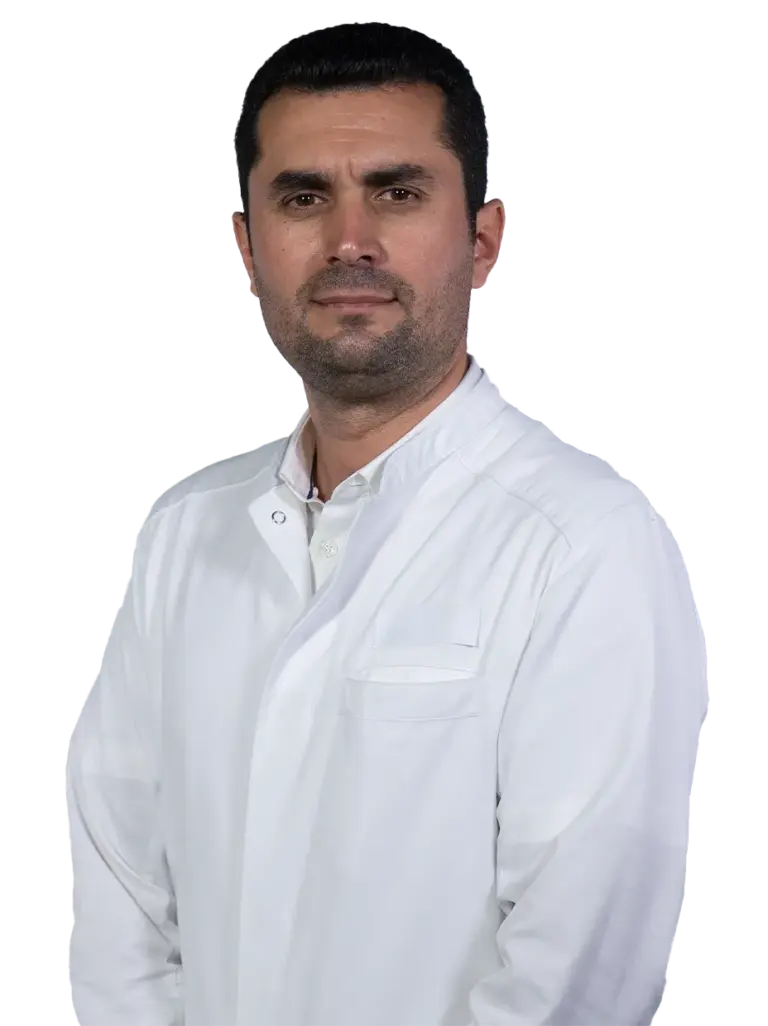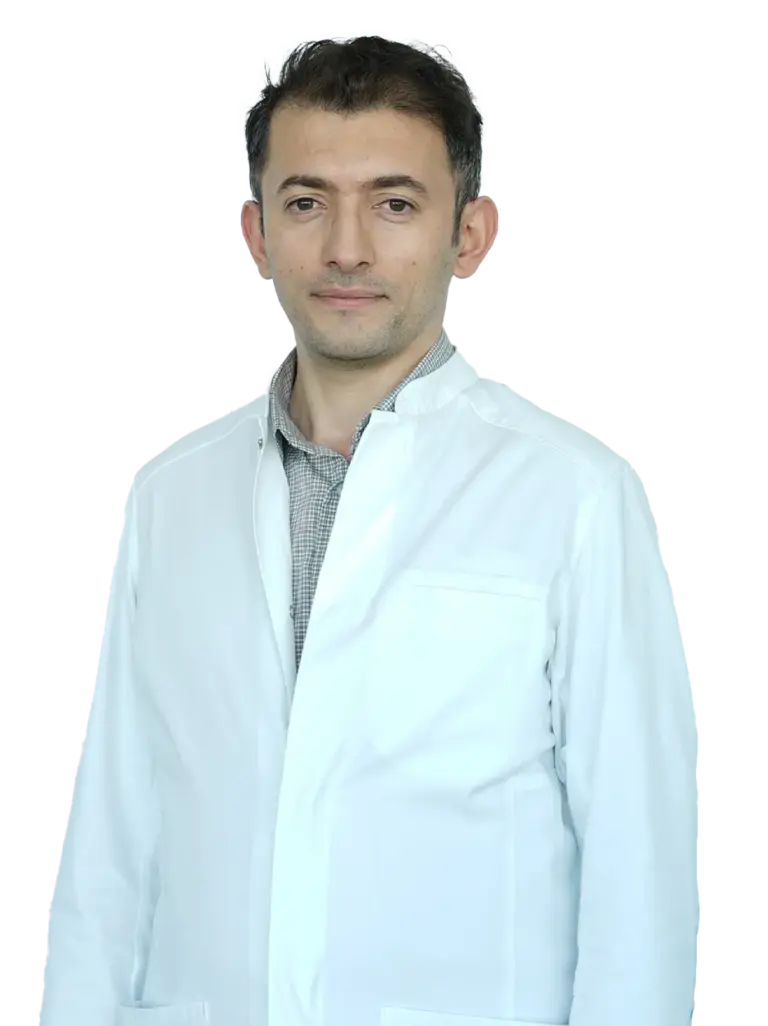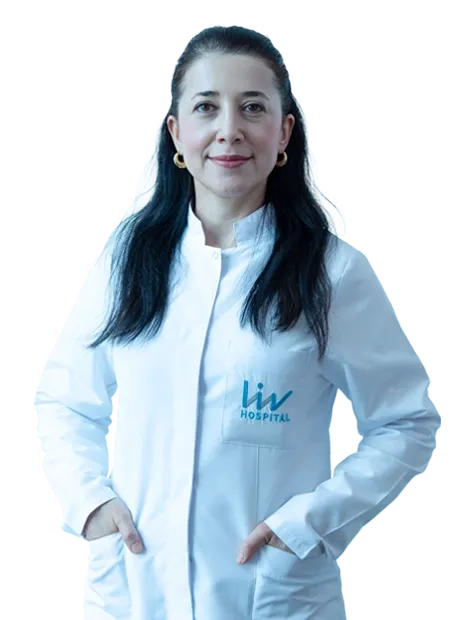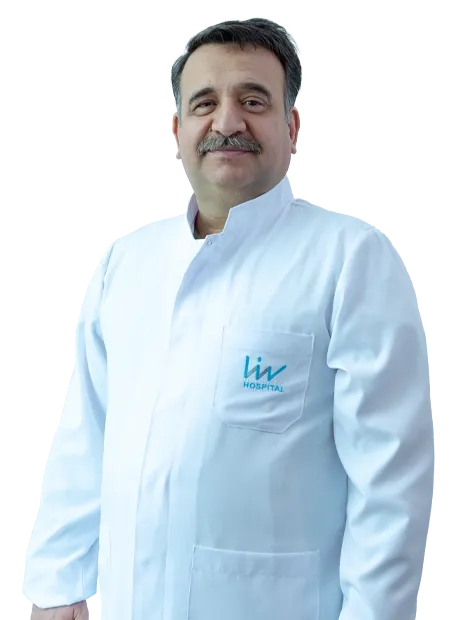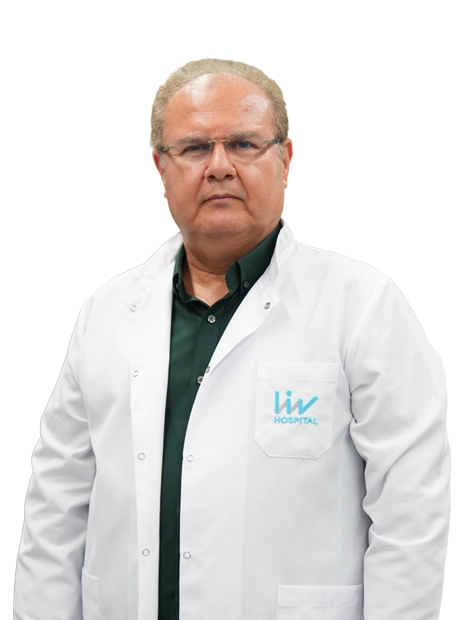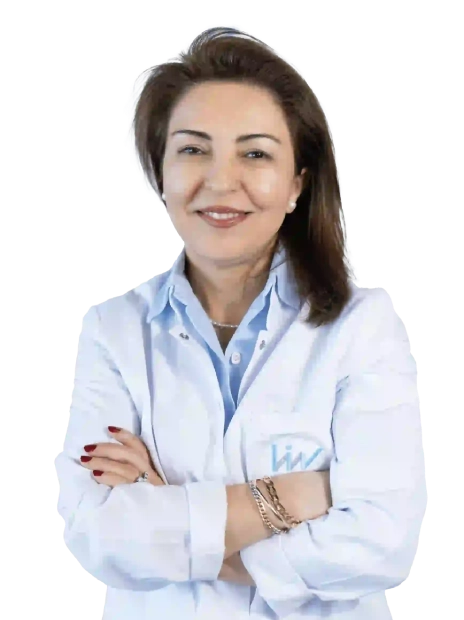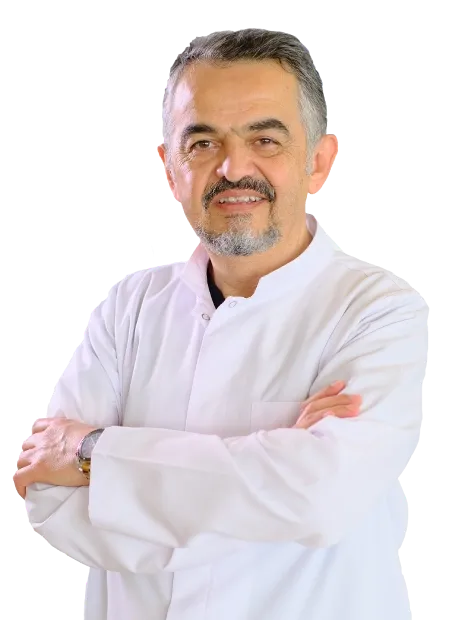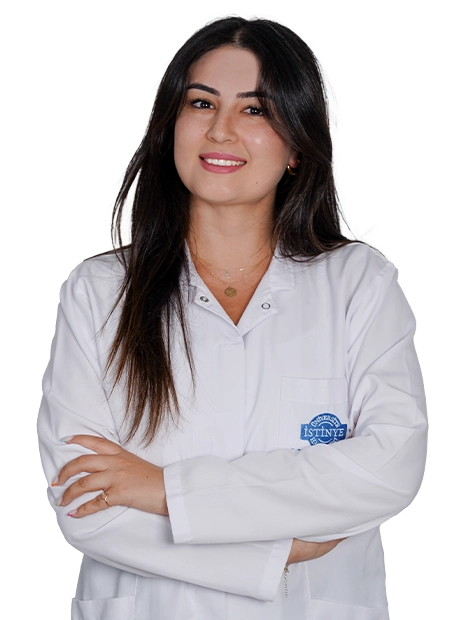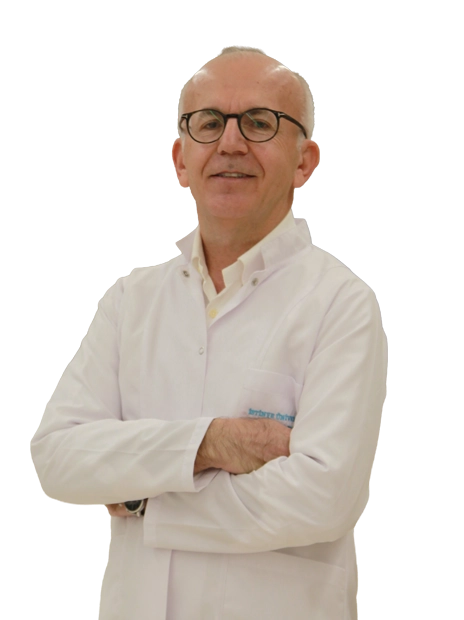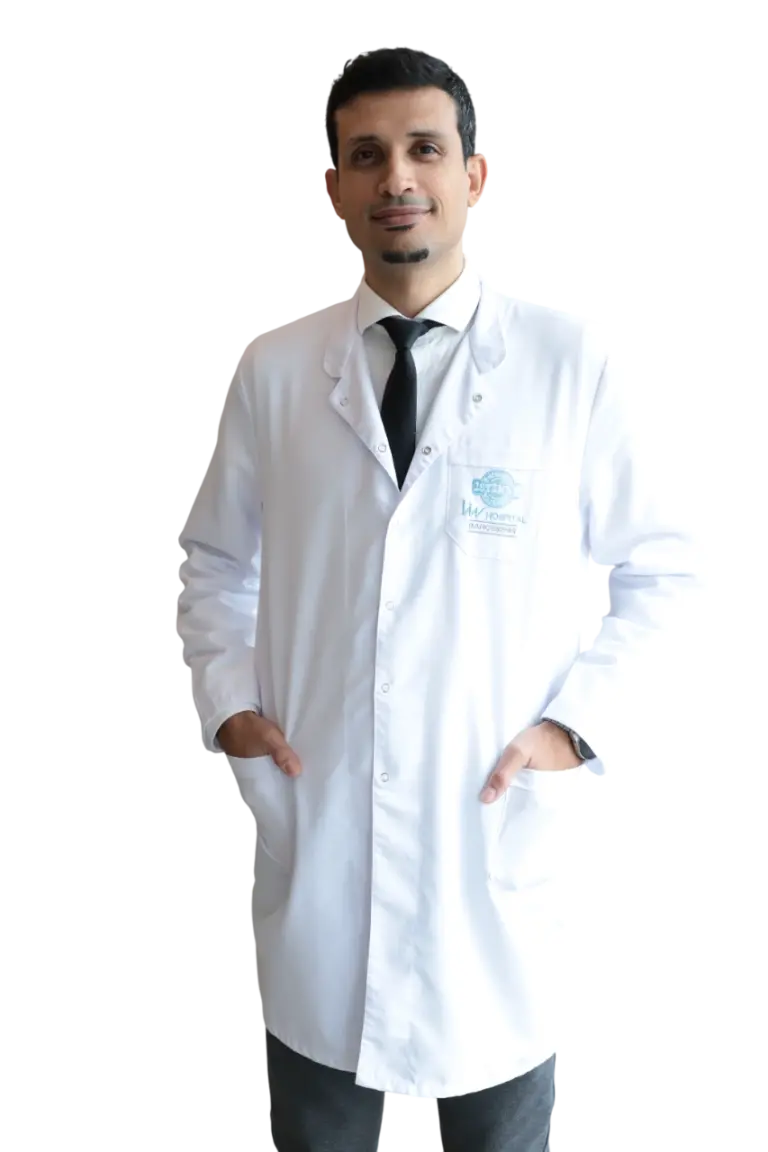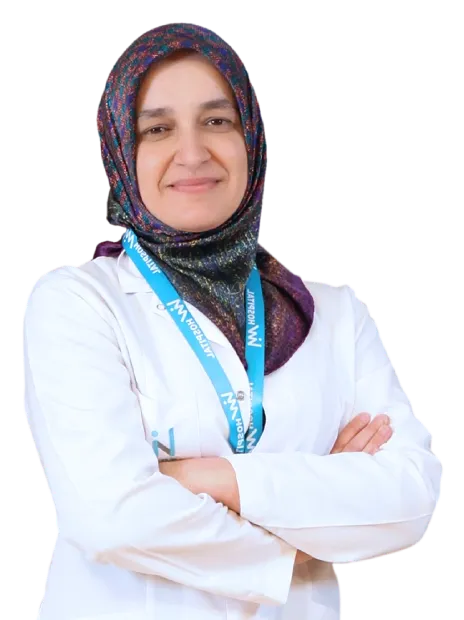Getting a referral to a cancer specialist can be scary. But knowing what they do is key. Many patients ask, “Why would you see an oncologist? since understanding their role helps ease fears about the referral.
A cancer diagnosis hits not just the patient but their family too. Early detection and expert care boost treatment chances. So, what does an oncologist do? They offer full care to cancer patients, from start to finish.
Knowing what an oncologist does and their role’s importance can change a patient’s path.
Key Takeaways
- Early detection improves cancer treatment outcomes.
- An oncologist provides complete cancer care.
- Understanding the role of an oncologist can reduce anxiety.
- Specialized care is key for cancer patients.
- Visiting an oncologist is a vital step in cancer management.
Understanding What an Oncologist Is
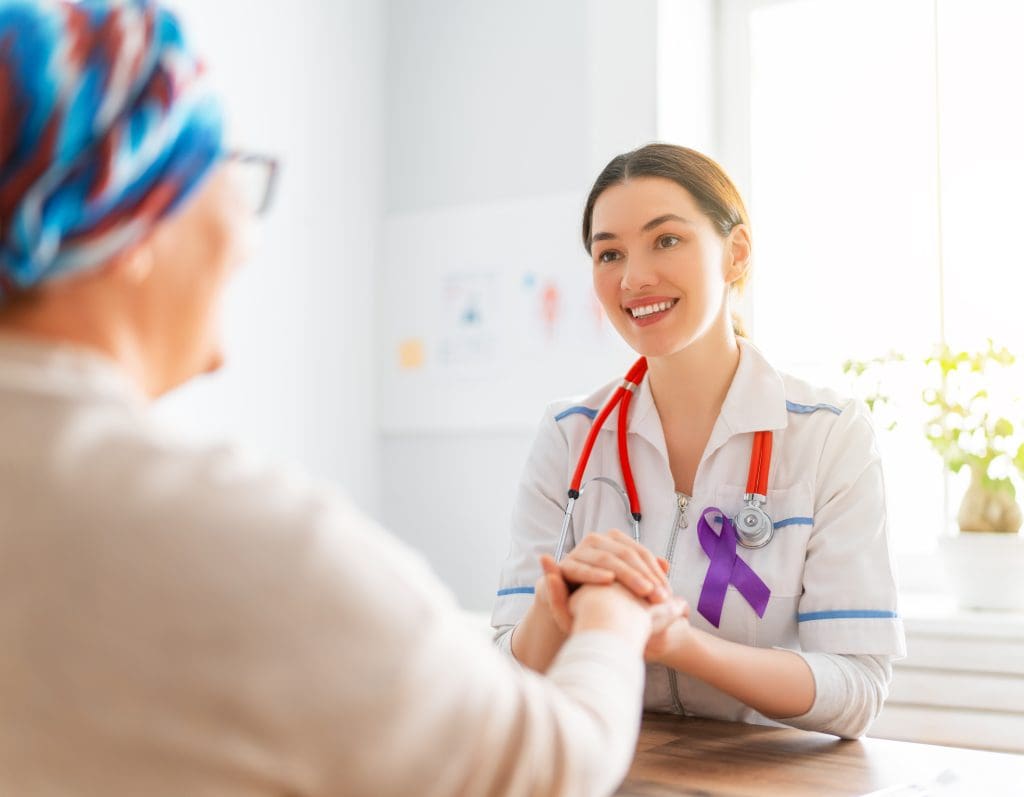
Oncologists are doctors who deal with cancer. They help patients understand and manage their cancer care.
Definition and Oncology Meaning
An oncologist is a doctor who treats cancer. “Oncology” is the study and treatment of cancer. It includes many areas like medical, surgical, and radiation oncology.
“The field of oncology has evolved significantly, showing patients many treatment options.”
Education and Training of Oncologists
To become an oncologist, one needs a lot of education and training. First, they get a bachelor’s degree. Then, they go to medical school for four years to get an M.D. or D.O. degree.
After that, they do residency training in internal medicine or a related field. They also get specialized training in oncology through fellowship programs.
| Education/Training | Duration | Description |
| Bachelor’s Degree | 4 years | Undergraduate degree, typically in sciences. |
| Medical School | 4 years | Earns an M.D. or D.O. degree. |
| Residency | 3-7 years | Hands-on training in internal medicine or a related field. |
| Fellowship in Oncology | 2-3 years | Specialized training in oncology. |
Signs and Symptoms That May Lead to an Oncologist Referral
It’s important to know the signs of cancer early. These signs don’t always mean you have cancer. But, they can show a serious issue that needs doctor’s care.
Common Cancer Warning Signs
Some symptoms might make you think of cancer. These include:
- Unexplained weight loss: Losing weight without a clear reason can be a warning sign.
- Persistent pain: Ongoing pain that doesn’t improve with treatment.
- Unusual lumps or growths: New or changing lumps, specially if they’re painless.
- Changes in bowel or bladder habits: Persistent changes, such as constipation or diarrhea.
- Chronic fatigue: Prolonged tiredness that doesn’t improve with rest.
- Unusual moles: Changes in the size, shape, or color of moles.
When Your Primary Care Physician Refers You
Your primary care doctor might send you to an oncologist if they see cancer signs. This is a careful step to make sure you get the right care. They might notice something odd during a check-up or after looking at your test results.
It’s key to go see the oncologist as planned. Early detection and diagnosis are very important for treatment success.
Does Seeing an Oncologist Mean You Have Cancer?
Seeing an oncologist often makes people think of cancer. But, it’s not always about cancer. Many are sent to oncologists for reasons not related to cancer. Knowing why you might see an oncologist can help reduce stress and worry.
Reasons for Oncology Referrals Beyond Cancer Diagnosis
Oncology referrals aren’t just for cancer. Your doctor might send you to an oncologist if you have symptoms that could be cancer. Other reasons include a family history of cancer, genetic risks, or needing a second opinion.
The Diagnostic Process and Possibilities
When you see an oncologist, they start a detailed diagnostic process. This might include tests like imaging, biopsies, or genetic tests. The oncologist will then talk to you about the findings and what comes next. Remember, a referral to an oncologist is a precaution, not a cancer diagnosis.
Different Types of Oncologists and Their Specialties
Oncology covers many specialties, each dealing with different parts of cancer care. This approach helps patients get treatments that fit their needs perfectly.
Medical Oncologists
Medical oncologists treat cancer with therapies like chemotherapy and hormone therapy. They manage cancer as a long-term condition. They are often the first point of contact for patients needing systemic treatment.
Surgical Oncologists
Surgical oncologists are surgeons who remove tumors and cancerous tissues. They work with other oncologists to find the best surgery for each patient. They perform complex surgeries to remove cancerous growths.
Radiation Oncologists
Radiation oncologists use radiation to kill or slow cancer cells. They plan and carry out radiation treatments. These can be external beam radiation or internal radiation (brachytherapy).
Knowing about the different oncologists and their areas can help patients understand cancer care better. It ensures they get the right and most effective treatment for their condition.
What Does an Oncologist Do?
Oncologists do many things, like diagnosis, treatment planning, and ongoing patient care. They are doctors who specialize in cancer. They help patients with cancer from start to finish.
Diagnostic Procedures
Oncologists use diagnostic procedures to find out if someone has cancer. They do:
- Biopsies to check tissue samples
- Imaging tests like CT scans, MRI, and PET scans
- Labor tests to look at blood and other fluids
These tools help oncologists know the type and how far the cancer has spread. This is key for making a good treatment plan.
Treatment Planning
After finding out what kind of cancer someone has, oncologists make a treatment plan just for them. This might include:
- Chemotherapy
- Radiation therapy
- Surgery
- Immunotherapy or other targeted therapies
The plan aims to be as effective as possible. It tries to reduce side effects and improve patients’ quality of life.
Ongoing Care and Monitoring
Oncologists also take care of patients during and after treatment. They do:
- Regular check-ups
- Watch for cancer coming back or spreading
- Help with side effects
- Change the treatment plan if needed
This ongoing care makes sure patients get the support they need at every step of their cancer journey.
Your First Appointment: What to Expect When Seeing an Oncologist
Knowing what to expect at your first oncologist visit can help you feel less nervous. This first meeting is key to figuring out your care plan.
Preparing for Your Visit
Before you go, collect all your medical records. This includes test results, biopsy reports, and any treatments you’ve had. Write down your symptoms, medications, and any questions you have. This helps your oncologist understand your health fully.
Common Tests and Examinations
At your first visit, the oncologist will do a detailed physical check and look over your medical history. They might also order tests like imaging studies (e.g., CT scans, MRI) or blood tests to learn more about your health.
| Test Type | Purpose | Examples |
| Imaging Studies | To visualize the tumor or affected area | CT scans, MRI, PET scans |
| Blood Tests | To assess overall health and detect markers | CBC, tumor marker tests |
| Biopsy | To examine tissue for cancer cells | Needle biopsy, surgical biopsy |
Initial Treatment Discussions
After the tests, your oncologist will talk about possible treatments. This could be chemotherapy, radiation therapy, surgery, or a mix of these. They’ll explain why they suggest each option and what you can expect, helping you make a choice.
Being ready and knowing what to expect makes your first oncologist visit better. It’s a big step towards dealing with your health issues.
Finding an Oncologist Near Me: How to Choose the Right Cancer Specialist
Finding a skilled oncologist near you is key to your cancer treatment. There are many cancer specialists out there. Choosing the right one means looking at several important factors.
Researching Oncologists in Your Area
Start by looking up oncologists in your area online. Use health care provider directories and patient review sites. Search engines like Google can help with keywords like “oncologists near me” or “cancer specialists in [city name].”
Online Resources for Finding Oncologists:
- Health care provider directories
- Patient review websites
- Professional association websites (e.g., American Society of Clinical Oncology)
Checking Credentials and Experience
After finding oncologists, check their credentials and experience. Make sure they are board-certified in oncology, hematology, or radiation oncology. Look at their education, training, and years of practice.
| Credential | Description | Importance |
| Board Certification | Certification by a professional board (e.g., American Board of Internal Medicine) | High |
| Medical School | Education in medicine from an accredited institution | High |
| Fellowship Training | Additional specialized training in oncology | High |
Insurance Considerations
Insurance is also a big factor. Make sure the oncologist is in your insurance network to avoid surprise bills. Call your insurance to find in-network oncologists or ask the oncologist’s office about their policies.
By researching, checking credentials, and considering insurance, you can choose the best oncologist for your care.
The Oncology Team: Beyond Just the Oncologist
Effective cancer care comes from a team effort. This team includes many specialists who work together. They make sure all parts of a patient’s care are covered, from treatment to emotional support.
Nurses and Physician Assistants
Nurses and physician assistants play a big role in cancer care. They are often the first point of contact for patients. They help with treatment choices, manage side effects, and coordinate care.
A renowned oncologist, notes, “Nurses and physician assistants are the backbone of cancer care. They provide compassionate and expert support throughout the treatment journey.”
Other Specialists in Cancer Care
The oncology team also includes radiologists, pathologists, and social workers. These specialists help create a complete care plan for cancer patients. For example, social workers offer emotional support and help with practical aspects of cancer care.
The teamwork in oncology is key to quality care. By working together, these healthcare professionals can create treatment plans that fit each patient’s needs. This improves outcomes and enhances quality of life.
Common Cancer Treatments Your Oncologist May Recommend
When you get a cancer diagnosis, you might wonder about treatment options. The type and stage of cancer help decide the best treatment plan.
Chemotherapy
Chemotherapy uses drugs to kill cancer cells or stop them from growing. It can be taken by mouth or given through an IV, depending on the cancer type and treatment plan.
Radiation Therapy
Radiation therapy uses high-energy waves to destroy cancer cells. It can be given from outside the body or placed inside near the cancer.
Immunotherapy
Immunotherapy boosts your immune system to fight cancer. It helps your body recognize and attack cancer cells better.
Targeted Therapies
Targeted therapies focus on specific cancer cell traits to stop growth. They are more precise than traditional chemotherapy, harming fewer healthy cells.
The table below shows common cancer treatments and their features:
| Treatment Type | Description | Administration |
| Chemotherapy | Systemic treatment using drugs to kill cancer cells | Orally or intravenously |
| Radiation Therapy | Uses high-energy particles or waves to destroy cancer cells | External or internal |
| Immunotherapy | Stimulates the immune system to fight cancer | Intravenously or subcutaneously |
| Targeted Therapies | Targets specific characteristics of cancer cells | Orally or intravenously |
Knowing about these treatments helps patients make informed choices. Oncologists work with patients to find the best treatment plan, considering their diagnosis and health.
Important Questions to Ask Your Oncologist
It’s key to ask the right questions to your oncologist. This helps you understand your diagnosis, treatment options, and what to expect. Being informed makes your cancer journey easier.
Questions About Your Diagnosis
Knowing your diagnosis is the first step. Ask your oncologist about the type of cancer, its stage, and how it impacts your body. You might also want to ask about any extra tests needed.
Example questions: “What type of cancer do I have?” “What is the stage of my cancer?” “How will this diagnosis affect my daily life?”
Questions About Treatment Options
Your oncologist can talk about the treatments for your cancer. It’s important to ask about the good and bad sides of each treatment. Also, ask about side effects and how it will be given.
Consider asking: “What are my treatment options?” “What are the possible side effects of each treatment?” “How will the treatment impact my quality of life?”
Questions About Prognosis and Quality of Life
It’s vital to understand your prognosis and how cancer and treatment will affect your life. Ask your oncologist about your outlook and what to expect during and after treatment.
Possible questions: “What is my prognosis?” “How will treatment affect my daily activities?” “What support is available for managing side effects?”
Conclusion: Partnering With Your Oncologist for Optimal Care
Working closely with your oncologist is key to managing your cancer journey well. Together, you can make smart choices about your treatment. This ensures you get the best care possible.
Your oncologist will help you through every step, from finding out you have cancer to ongoing care. Knowing their role and the team’s helps you be more involved in your treatment. This way, you get the most out of your doctor’s visits.
Remember, getting the best care is a team effort. By teaming up with your oncologist and being active in your care, you can achieve great results. This improves your life quality during your cancer journey.
FAQ
What is an oncologist?
An oncologist is a doctor who deals with cancer. They help diagnose, treat, and manage cancer. They provide care from start to finish.
What does oncology mean?
Oncology is the study and treatment of cancer. Oncologists work in hospitals and clinics. They help patients with cancer.
Does seeing an oncologist mean I have cancer?
No, seeing an oncologist doesn’t mean you have cancer. They can help with tests, second opinions, or care for survivors.
What are the different types of oncologists?
There are many types of oncologists. Medical oncologists use chemotherapy. Surgical oncologists remove tumors. Radiation oncologists use radiation therapy.
What can I expect during my first appointment with an oncologist?
At your first visit, expect a full check-up. This includes a medical history review, physical exam, and tests. Your oncologist will talk about your diagnosis and treatment options.
How do I find an oncologist near me?
Look for oncologists online or ask your doctor for a referral. Check your insurance too. Make sure to read reviews and check their credentials.
What questions should I ask my oncologist?
Ask about your diagnosis, treatment, and what to expect. Questions like “What is my diagnosis?” or “What are my treatment options?” are good. Also, ask about side effects and your prognosis.
What is the role of the oncology team?
The oncology team includes nurses and specialists. They work together to care for cancer patients. They plan treatments, manage symptoms, and offer support.
What are the common cancer treatments recommended by oncologists?
Oncologists suggest treatments like chemotherapy and radiation. They also recommend immunotherapy and targeted therapies. The best treatment depends on the cancer type and the patient’s health.
How do I prepare for my appointment with an oncologist?
Gather your medical records and make a list of questions. Bring a friend for support. This helps you feel ready for your visit.
What is the education and training required to become an oncologist?
To be an oncologist, you need to finish medical school. Then, do a residency and a fellowship in oncology. You also need to get certified by the American Board of Internal Medicine.


